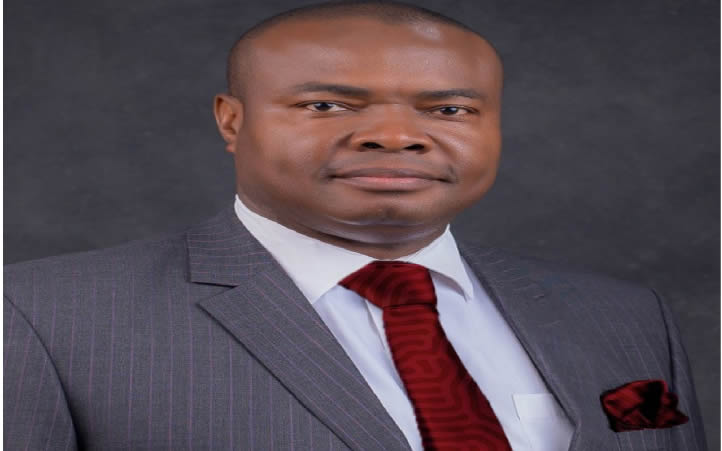Researcher and consultant in academia, Dr Nduneche Ezurike, and other academics have called on African governments to confront the bias being created by the use of artificial intelligence in the profiling and treatment of migrants.
They made this call at the just-concluded third International Conference of the College of Management and Social Sciences, Fountain University, themed ‘Identity, Migration, and Development in the Digital World’.
In his paper titled ‘Migrant Identity in the Age of Artificial Intelligence: Technology, Surveillance, and Belonging’, Ezurike argued that AI-driven systems are making invisible but far-reaching decisions that affect migrants’ rights, dignity, and belonging.
“Migrants are no longer simply seen as human beings with histories and hopes; they are being reduced to data points in opaque systems. If we don’t address this digital profiling now, we risk automating discrimination at scale across the continent,” he argued.
The paper explored how border technologies such as facial recognition, predictive analytics, and biometric surveillance are increasingly being deployed by governments and international agencies, often without accountability or transparency.
Dr. Ezurike emphasised the need for the African Union to create its own ethical frameworks for using AI in migration and public identity systems.
Earlier in his keynote address, the Pro-Chancellor/Chairman of the Governing Council at Obafemi Awolowo University, Professor Siyan Oyeweso, emphasised the importance of democratising digital access. He urged governments and institutions to recognise digital connectivity as a basic right, advocating for inclusive technology policies, local-language digital literacy, and gender-sensitive tech training.
“We must build compassionate technologies and inclusive digital communities,” Prof. Oyeweso said. “Our youth must learn that identity is culture, not conflict.”
Vice Chancellor of Abdul-Rasak Abubakar Toyin University, Prof. Abdul-Rauf Ambali, stressed that ICT and digital platforms hold the key to unlocking sustainable development in Africa. He highlighted how digital governance can support inclusive growth, accountability, and economic resilience.
The host Vice Chancellor, Prof. Olayinka Ramota Karim, reaffirmed Fountain University’s commitment to global academic excellence and real-world relevance.
In her welcome address, Dean of the Faculty of Management and Social Sciences Dr Raheemat Adeniran described the conference as a platform for engaging with pressing global issues through local lenses.
The international academic gathering drew researchers and scholars from universities across Nigeria and abroad. The three-day conference’s sub-themes included digital finance and entrepreneurship, AI and identity governance, migration narratives in media and ethical dilemmas in algorithmic decision-making.















